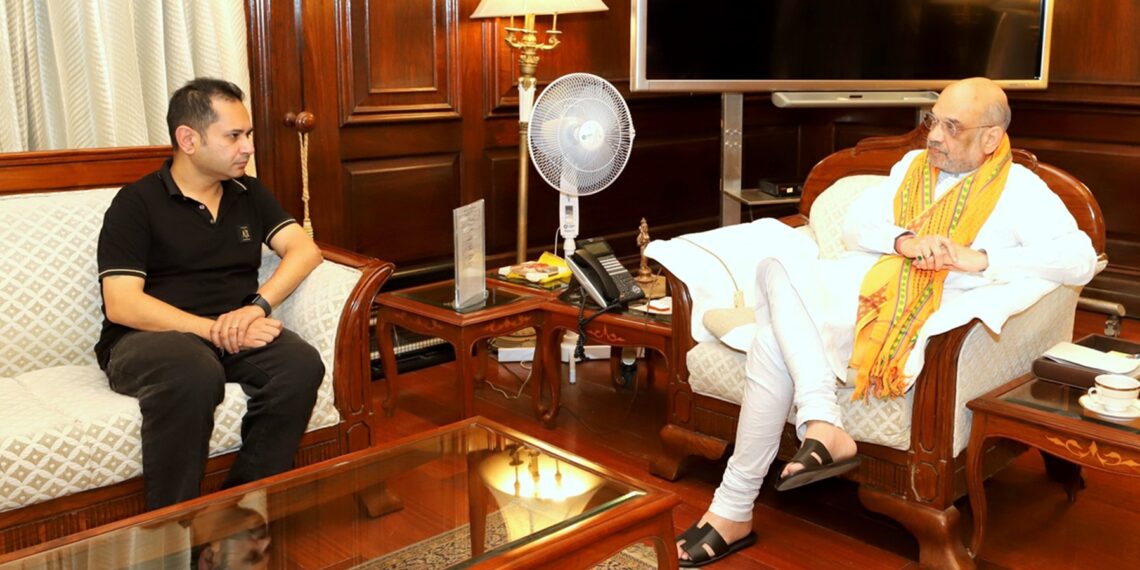Pradyot Kishore Manikya Debbarma, chief of the Tipra Motha party, may be treading a slippery slope by placing his trust in the Bharatiya Janata Party (BJP) for a constitutional solution to the Greater Tipraland demand in Tripura.
From the outset, Debbarma has been clear about his party’s stance. “I would ally with any political party that provides a written assurance for our constitutional solution,” he reiterated multiple times before the Lok Sabha polls and after his sister, Kriti Singh Debbarma, won the Tripura East constituency.
In March, just days before the 18th Lok Sabha Polls were announced, Debbarma joined the BJP-led National Democratic Alliance (NDA), announcing that the Saffron party had provided a written assurance for a constitutional solution to the Greater Tipraland demand.
This assurance was a precondition for his joining the NDA and it also secured two berths in the state cabinet for Tipra Motha. However, the specifics of the “constitutional solution” promised by the BJP remain unclear.
In the broader context, the BJP’s alliances with regional parties across the Northeast often involve similar assurances.
These include promises to grant Inner Line Permit (ILP) status and to include Khasi and Garo languages in the Constitution’s 8th Schedule in Meghalaya, as well as to resolve the longstanding Naga peace talks in Nagaland. However, these promises have yet to produce tangible results.
While the issues may vary across different states in the Northeast, the underlying concern here is whether the BJP has been effective in fulfilling its commitments.
In Meghalaya, for instance, since returning to power in May 2023, Chief Minister Conrad Sangma has been reiterating that the Centre, under Prime Minister Narendra Modi, is “serious” about granting ILP to the state and is “examining” related issues.
Notwithstanding numerous meetings with the Ministry of Home Affairs (MHA) and party leaders, the promised ILP has not materialised.
Similarly, the Naga peace talks, though a completely different issue, have been ongoing for years without a resolution.
Despite the signing of the Framework Agreement in August 2015, the issue remains unresolved as it never moved forward from there.
In May 2024, the Nationalist Democratic Progressive Party (NDPP) government in Nagaland, led by Chief Minister Neiphiu Rio, reconstituted a Political Affairs Committee (PAC) to facilitate an inclusive solution to the Indo-Naga political issue.
Meanwhile, the NSCN-IM has expressed concerns that the failure of current talks could lead to a “resurgence of severe human rights violations in Nagalim”.
Returning to Debbarma and Tipra Motha, he seemingly had little choice but to trust the BJP after being sidelined by both the Congress, where he was a former state president, and the CPI(M) on the party’s demand for a Greater Tipraland.
Given this context, Debbarma’s reliance on the BJP to fulfil the Greater Tipraland demand is uncertain. The BJP has a mixed record of keeping promises in the Northeast, and it remains unclear if their assurance to Tipra Motha will lead to real results or become another unmet pledge.















